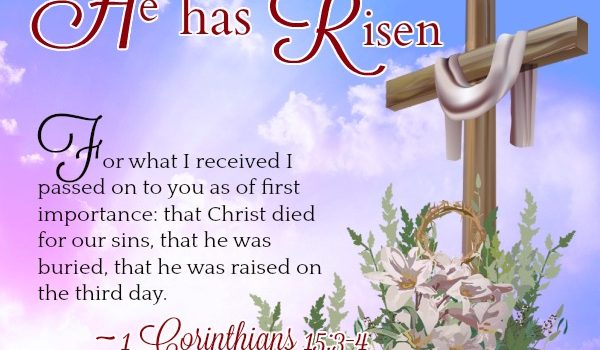

Easter was to be the Sunday after the first full moon after the spring equinox. The Council of Nicea accordingly required the feast of the resurrection to be celebrated on a Sunday and never on the Jewish Passover. As Christianity drew away from Judaism, some were reluctant to base the Christian celebration on the Jewish calendar.Ĭonstantine wanted Christianity to be totally separated from Judaism and did not want Easter to be celebrated on the Jewish Passover. Others believed since the Lord rose on a Sunday and this day had been set aside as the Lord’s Day, this was the only possible day to celebrate His resurrection. Following this schedule would have meant that Easter would be a different day of the week each year, only falling on a Sunday once in a while. Once Jewish leaders determined the date of Passover each year, Christian leaders could set the date for Easter by figuring three days after Passover. Many felt that the date should continue to be based on the timing of the Resurrection during Passover. In Rome itself, different congregations celebrated Easter on different days! This especially became the case in the western part of the Roman Empire. The origin of some of the Gentile Christians began celebrating Easter in the nearest Sunday to the Passover since Jesus actually arose on a Sunday. The origin of Easter started with early Christians celebrating the Passover worshiped Jesus as the Paschal Lamb and Redeemer.

Jewish days were reckoned from evening to evening, so Jesus had celebrated His Last Supper the evening of the Passover and was crucified the day of the Passover. The earliest Christians celebrated the resurrection on the fourteenth of Nisan (our March-April), the date of the Jewish Passover. Read the entire Biblical account of Resurrection Day in Matthew 28, Mark 16, and Luke 24 and more Easter Bible verses at. Jesus, the Son of God, fulfilled prophecy and through his death, has given the gift of eternal life in heaven to those who believe in his death and resurrection. The week leading up to Easter is called The Holy Week, or "Passion Week", and includes Palm Sunday (the day Jesus entered Jerusalem and was celebrated), Maundy Thursday (the "Last Supper" where Jesus met with his disciples to observe Passover), and Good Friday (when Jesus would be crucified on the cross).Įaster is a very significant date within Christianity and is the foundation of the Christian faith. The 40 day period was established by Pope Gregory 1 using the 40-day pattern of Israel, Moses, Elijah, and Jesus' time in the wilderness. Lent begins on Ash Wednesday and ends on Good Friday, the day of Jesus' crucifixion. According to the New Testament, Easter is three days after the death of Jesus on the cross.Įaster follows a period of fasting called Lent, in which many churches set aside time for repentance and remembrance. Remembering the resurrection of Jesus is a way to renew daily hope that we have victory over sin. Easter is the fulfilled prophecy of the Messiah who would be persecuted, die for our sins, and rise on the third day ( Isaiah 53). Easter is the celebration of the resurrection of Jesus from the tomb on the third day after his crucifixion.


 0 kommentar(er)
0 kommentar(er)
